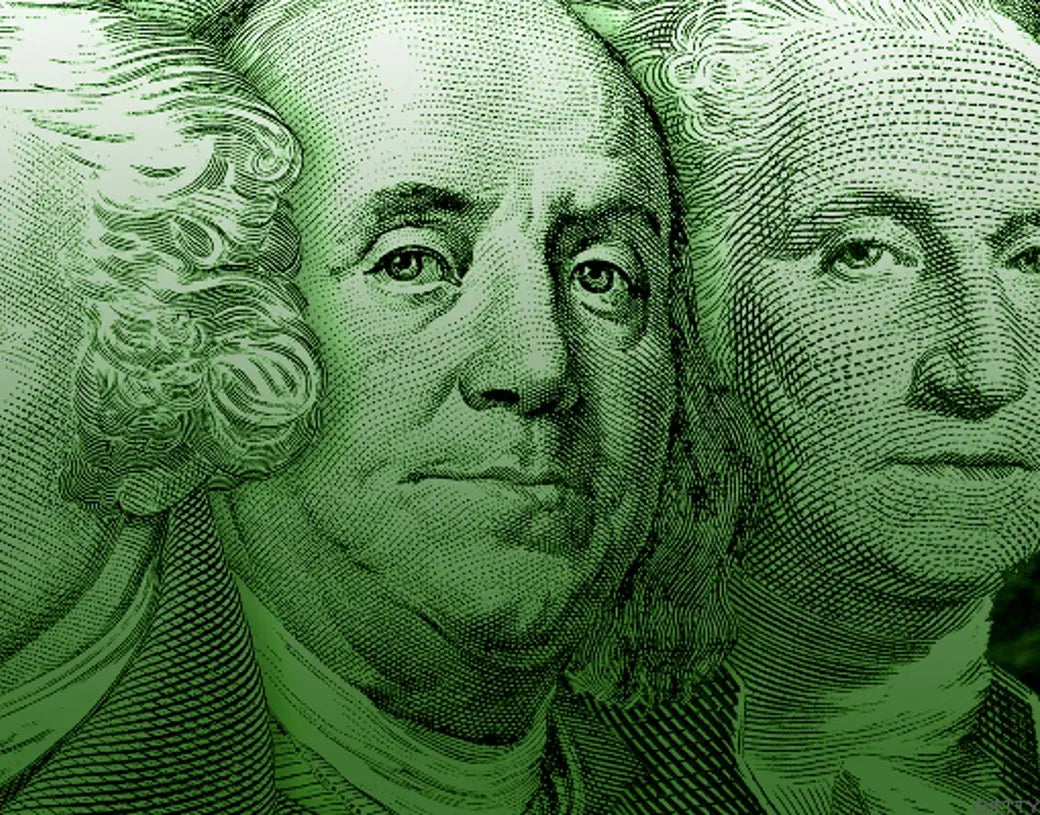
BRICS: 10 Domestic Currencies Surpass the U.S. Dollar's Performance This Week
This week, the U.S. dollar continues to face downward pressure from macroeconomic factors. Gold, commodities, Bitcoin, and the wider cryptocurrency market are all seeing increases in value while the USD is experiencing a decline. Approximately ten local currencies have shown stronger performance than the U.S. dollar this week, including those of two BRICS countries.
The DXY index, which monitors the performance of the U.S. dollar, indicates a decrease over the past seven days. Starting March at 104, the USD has progressively declined in the indices, reaching a weekly low of 102.80. Concurrently, several local currencies have surpassed the U.S. dollar, coinciding with BRICS countries' efforts to reduce reliance on the USD.
The U.S. dollar is facing challenges from local currencies aiming to lessen its dominance as the world's reserve currency. BRICS nations are advocating for the use of local currencies instead of the U.S. dollar in international trade. This shift could have significant repercussions on various sectors in the U.S. economy.
Here is a list of the top ten local currencies that have outperformed the U.S. dollar this week:
- Malaysia (Ringgit): +2%
- Australia (AU Dollar): +1.9%
- Japan (YEN): +1.9%
- Philippines (PESO): +1.4%
- Thailand (Baht): +1.1%
- Singapore (S Dollar): +1%
- South Korea (Won): +1%
- China (Yuan): +0.3%
- India (Rupee): +0.2%
- Indonesia (Rupiah): +0.1%
Among the ten currencies surpassing the U.S. dollar, two are from BRICS countries. Both China's Yuan and India's Rupee have exhibited stronger performance compared to the U.S. dollar. This trend underscores the Indian Rupee's recent outperformance against the U.S. dollar in global currency markets over the past 30 days.
